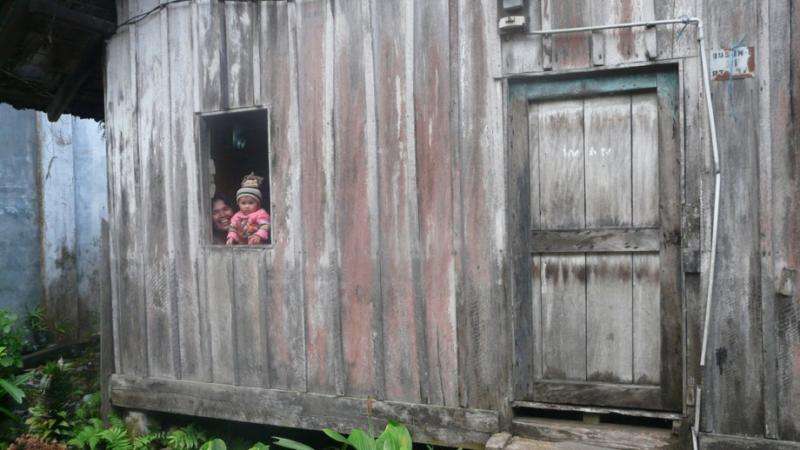Credit: Geoff Kushnick
A study of childcare across societies has found a range of factors influence women's decisions to engage in childcare activities in industrialised societies, but in small-scale societies, their decisions hinge on feeding their children.
The international study, led by anthropologist Dr Geoff Kushnick from The Australian National University (ANU), found women made different decisions when their society had industrialised and had more safety nets.
"In industrialised societies, women benefit from institutionalised safety nets such as paid maternity leave and food assistance, and so their childcare decisions are made in response to other important factors," Dr Kushnick said.
"In small-scale societies, decisions hinge mostly on a mother's ability to put food on the table."
The research, conducted with 274 women from six countries - Indonesia, South Korea, India, Dominica, Italy, and Hungary, comes as Australia debates costs and access to child-care and paid maternity leave.
Dr Kushnick's research involved presenting participants with hypothetical vignettes including descriptions of women and their children. The vignettes varied in the age and ability of the woman to provide basic food to her family, and the gender, age, and overall health of her child.
Participants were asked how likely they believed the women would be to engage in particular caretaking behavior.
"The conclusion is that differences between industrialised and small scale societies suggests as societies industrialise and invest in infrastructure, there are resultant changes in maternal care."
The research suggests that industrialisation and investment in infrastructure may have led to an important turning point in maternal behaviour.
The study is published in the new journal Royal Society Open Science.
More information: "Experimental evidence for convergent evolution of maternal care heuristics in industrialized and small-scale populations." R. Soc. Open Science. 2015 2 140518; DOI: 10.1098/rsos.140518 . Published 24 June 2015
Journal information: Royal Society Open Science
Provided by Australian National University























